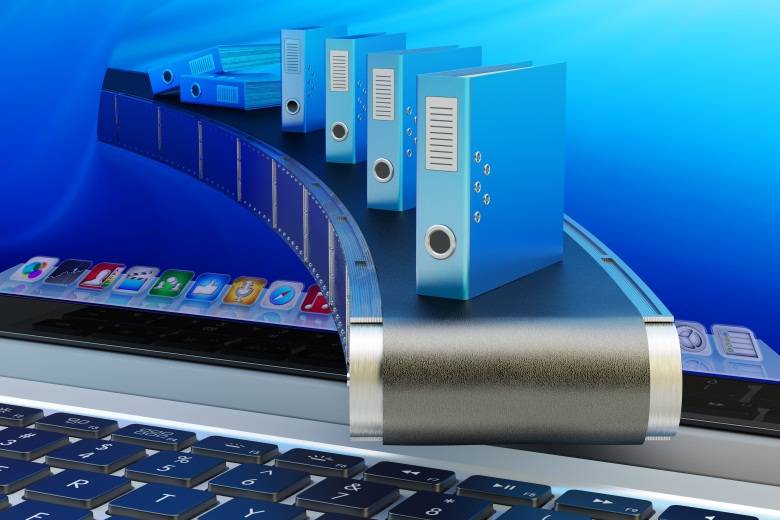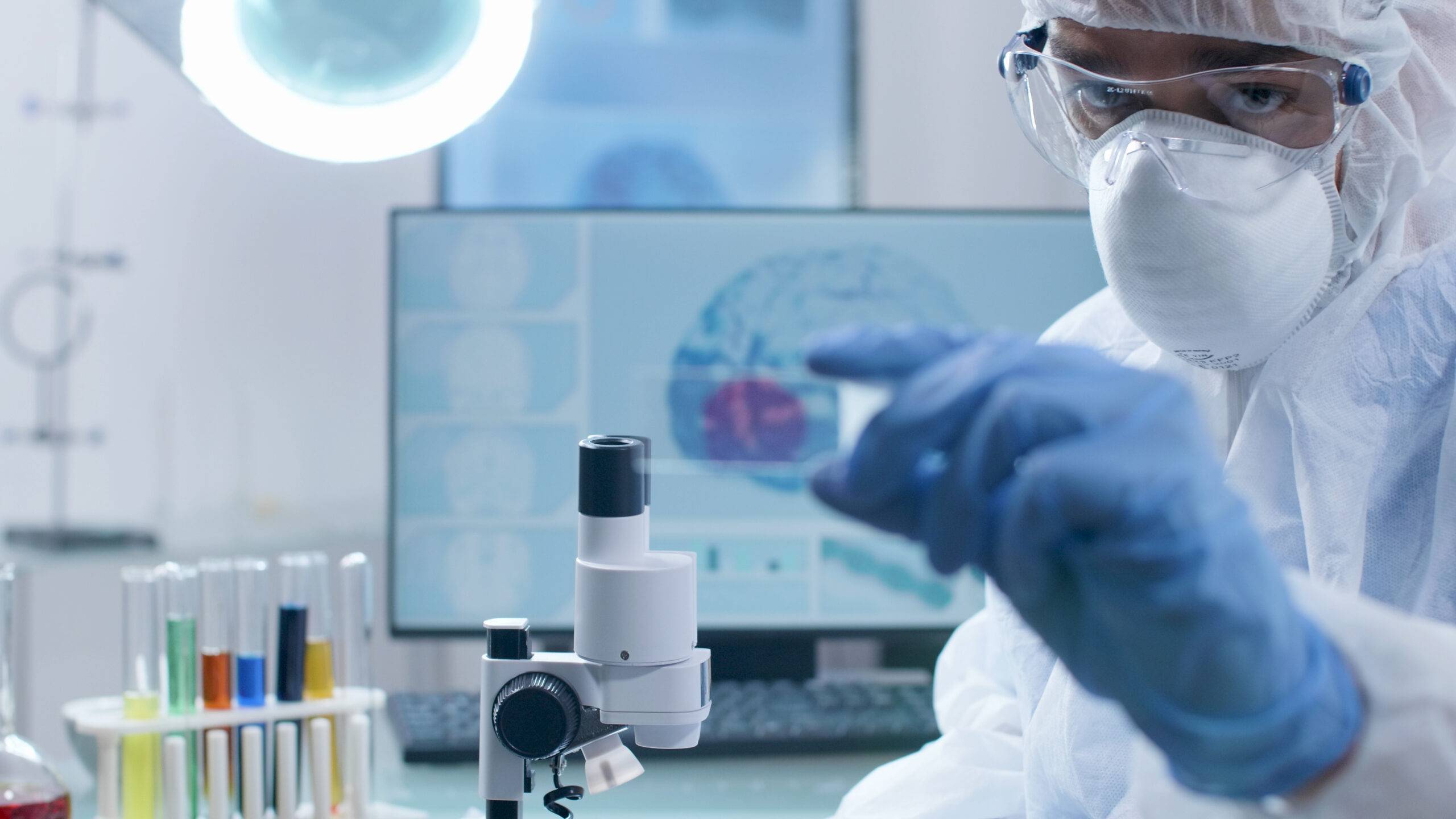A major shift in the adoption of technology has been observed in the healthcare sector in the recent years. Many healthcare facilities including hospitals and private clinics have started using Electronic health records for the betterment of medical care to the patients. Since it can be largely accessed on demand and also a major benefit to practitioners, the technology has flourished to a larger extent saving lives. Experts affirm that Electronic health records could be seen as the technology with significantly less number of errors when compared to paper records.
Communication in the healthcare sector is an extremely look-upon factor, especially among physicians involved in specific treatment. Electronic Health Records provides a greater mode of communication with an improvised version of EHR tools. For each party, a full access to a patient’s medical history will be allowed instead of a snap-chat type of overview from a current visit. The results of these accesses allow a full in-depth evaluation enabling doctors to reach an accurate diagnosis more quickly. In addition to this advantage, electronic health record also makes it pretty much simple for doctors to keep track of the patients giving them continuous care and effective supervision.
 With the detailed analysis and a complete study of latest updates on Electronic Health Records doctors could be able to pull up the respective test results with their patients. It can be done by verifying their past records obtained out of exams or procedures. Even the results of the particular patient’s imaging tests could be projected on the screen. At the ground level, these electronic health records are equipped with technologies that can save time during a doctor’s office visit. To emergency care providers it can be a big source of a data provider as it contains critical and life-saving information. EHR has the capacity to work under mass casualty situations ( say for instance natural disasters) which are obviously a massive advantage for the people. In the case of extreme medical emergency situations, it becomes a challenging task for the concerned physicians to examine a patient’s status. During such situations, EHR helps provide a deeper insight of the patient’s medical history more quickly than what could be obtained out of traditional means.
With the detailed analysis and a complete study of latest updates on Electronic Health Records doctors could be able to pull up the respective test results with their patients. It can be done by verifying their past records obtained out of exams or procedures. Even the results of the particular patient’s imaging tests could be projected on the screen. At the ground level, these electronic health records are equipped with technologies that can save time during a doctor’s office visit. To emergency care providers it can be a big source of a data provider as it contains critical and life-saving information. EHR has the capacity to work under mass casualty situations ( say for instance natural disasters) which are obviously a massive advantage for the people. In the case of extreme medical emergency situations, it becomes a challenging task for the concerned physicians to examine a patient’s status. During such situations, EHR helps provide a deeper insight of the patient’s medical history more quickly than what could be obtained out of traditional means.
Most importantly in times of traumatic conditions patients might get confused and frightened which eventually lead them to forget all their personal medical information. Therefore it is absolutely essential to retrieve the data as quickly as possible in such scenarios since each and every second count. EHR takes the entire responsibility to access the patient’s medical history resolving the communication cut-down that has happened in a life and death situation. The scalability of the information can also be optimized with such quick access.
The benefits to healthcare providers reduce their pressure to a big level by allocating specific patient care systems instead of multiple doctors to track his or her history, blood type, allergies, present medications, previous procedures and other such relevant information which can be problematic if it relies upon paper charts. On the other hand, multiple care providers are appreciated to access an individual patient’s details regardless of the location from any computer. The key aspect of electronic aspect is that it provides up to date details about a particular patient which includes the current test results and the recommendations of other physicians. This way multiple dimensions of a patient’s history could be obtained without glitches.
On the whole, a general breakdown of Electronic Health Records (EHR) advantages is: It reduces paperwork formats, reduces storage issues, the quality of care is significantly increased, supports necessary financial incentives, provides a way to increased productivity and efficiency, patient care is taken to a different level with its special features.



